Strong ties, cooperation in many areas as Singapore and Malaysia mark 60 years of diplomatic links
PUTRAJAYA: Singapore aims to open consulates in Sabah and Sarawak to deepen economic links with East Malaysia and strengthen ties between people on both sides.
Singapore and Malaysia will also start a programme for volunteers from Singapore to help teach English in some Malaysian schools.
It will be known as the Malaysia-Singapore English Volunteers Programme, with a pilot expected to start later this year.
These and other bilateral initiatives were shared in a joint statement by Prime Minister Lawrence Wong and his Malaysian counterpart, Datuk Seri Anwar Ibrahim, at the 11th Malaysia-Singapore Leaders’ Retreat in Putrajaya on Tuesday (Jan 7).
At the retreat, both sides exchanged an agreement on the Johor-Singapore Special Economic Zone (JS-SEZ). They also pledged to work together in higher education, social welfare and urban development.
Both leaders said they aim to resolve outstanding issues through “an amicable and constructive approach”. These issues include airspace, water and the delimitation of maritime boundaries.
Johor-Singapore Special Economic Zone
The JS-SEZ will enable Singapore and Malaysia to tap complementary value propositions to drive innovation, enhance productivity, compete for global investments, create jobs, and bolster economic growth, said the statement.
Both leaders welcomed the vision for the JS-SEZ to improve the cross-border flow of goods and people and strengthen the business eco-system.
Good progress has been made on early initiatives, such as the adoption of QR code clearance at land checkpoints and a new centre to make it easier for Singapore businesses to invest there, they said.
Work is also being done on partnerships to strengthen cooperation in technical and vocational education to meet industry demands.
In addition to supporting the implementation and vision of the JS-SEZ, the Joint Ministerial Committee for Iskandar Malaysia will reinforce cooperation on other fronts, such as transport and the environment.
Political-Security Cooperation
Both prime ministers emphasised the importance of close defence cooperation given growing threats to global security, and of continuing both countries’ contribution to regional security.
They also spoke of fighting transnational crimes, which pose significant risks to peace and security. A memorandum of understanding (MOU) on preventing and combatting such crimes was exchanged at the retreat.
Both leaders acknowledged progress made in finalising another MOU on drug trafficking and said they aim for it to be concluded soon.
Economic Cooperation
Singapore and Malaysia are key trading partners which consistently rank as each other’s top trading partner in Asean.
They are also making progress in emerging areas such as the digital space and green economy.
On the digital front, this includes cross-border e-payment links and protection against online scams.
Under the green economy, there is collaboration in areas such as carbon credits, as well as carbon capture and storage.
An MOU on carbon capture and storage was exchanged at the retreat, with both sides looking forward to a binding bilateral agreement in this area.
Border and Connectivity Cooperation
The Johor Bahru-Singapore Rapid Transit System (RTS) Link project is progressing well, with both leaders noting that the RTS Link’s operating company is being progressively granted access to civil infrastructure on both sides to install rail systems.
When completed, it will have a peak capacity of 10,000 passengers per hour in each direction.
The prime ministers said the RTS Link will complement the establishment of the JS-SEZ, strengthen connectivity between Johor and Singapore, and support the development of a vibrant economic ecosystem.
They called on officials to ensure that the project is completed on time and for passenger service to begin by December 2026.
The leaders also acknowledged bilateral efforts to address congestion at land borders.
Progress has been made in building up immigration clearance systems, including through initiatives such as the use of QR codes and automated clearance lanes, which have meant a faster and more seamless clearance process, they said.
Other efforts to ease congestion include Singapore’s plans to redevelop Woodlands Checkpoint.
Both PMs reaffirmed their commitment to review delegation arrangements for the provision of air traffic services over southern Peninsular Malaysia, which were recommended and approved by the International Civil Aviation Organisation (ICAO) in 1973.
“The leaders agreed that the delegation arrangements do not affect sovereignty and that the review should be in accordance with ICAO’s requirement for safe and efficient air traffic management, as well as to accommodate both countries’ current and future operational needs,” the statement said.
Both leaders have tasked their transport ministers to guide the civil aviation authorities to further progress discussions, and to meet regularly to exchange views on issues of shared interest.
Maritime Boundaries
Singapore and Malaysia remain committed to resolve outstanding maritime boundary issues, the leaders said.
The technical working group studying the issue has met four times since June 2023, with its most recent meeting held in November 2024.
Both countries have agreed to an indicative timeline with joint technical works starting in 2025.
Both leaders urged the group to continue its effort to determine the actual location of the international boundary in the Johor Strait under the 1995 Agreement.
Environmental Cooperation and Sustainable Development
Both countries are committed to ensuring that obligations under the 1962 Johore River Water Agreement are fulfilled. Discussions on how to increase the yield and safeguard the water quality of the Johore River, as well as raw and treated water prices, will continue.
Progress has also been made on the trading of green electricity between both countries.
This includes the inaugural pilot supply of green electricity from Malaysia by Tenaga Nasional Berhad to Singapore through Sembcorp Power.
Both countries will keep working on cross-border trading of electricity and renewable energy, to achieve decarbonisation, energy security and economic growth.
There was also “positive momentum” in discussions for Singapore to import renewable energy from Sarawak, the leaders said.
This and the Lao PDR-Thailand-Malaysia-Singapore Power Integration Project (LTMS-PIP) will foster deeper regional power exchange and integration under the Asean Power Grid.
Socio-Cultural Cooperation
Singapore and Malaysia have also agreed to jointly nominate Chingay onto the Unesco Representative List of the Intangible Cultural Heritage of Humanity in 2025.
This will be the second joint nomination by both countries, following the successful multinational inscription of the kebaya with Brunei, Indonesia, and Thailand announced on Dec 4, 2024.
Regional and International Developments
Asean remains important as a platform for regional cooperation, both leaders said. They emphasised that Asean centrality and resilience, especially in an increasingly uncertain international environment, will remain critical.
They also stressed the need for Asean to stay relevant and cohesive in addressing regional and global issues, as well as to push ahead with regional integration efforts.
On the situation in Myanmar, they reiterated their commitment to the Five-Point Consensus and the Asean leaders’ review and decision on the implementation of the Five-Point Consensus.
Anwar also expressed his appreciation to PM Wong for Singapore’s strong support for Malaysia’s chairmanship of Asean in 2025. – The Straits Times/ANN


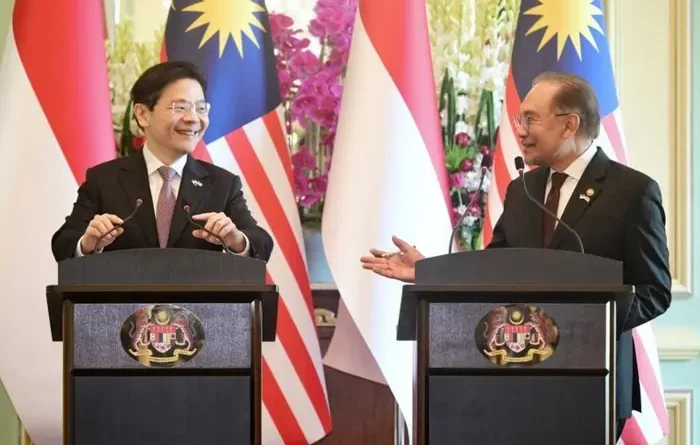
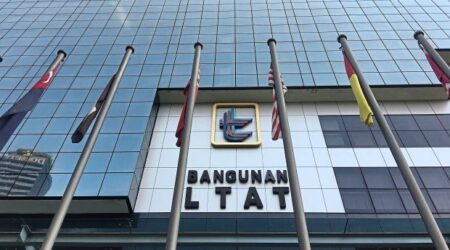

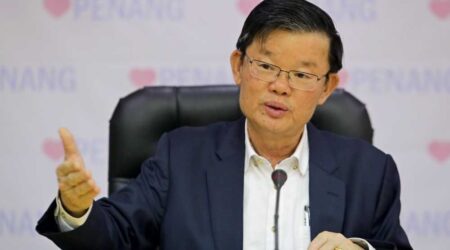
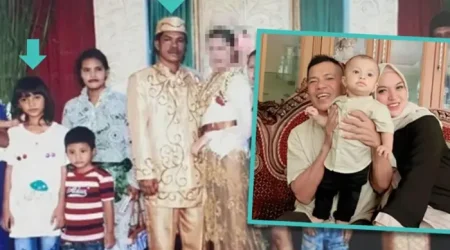
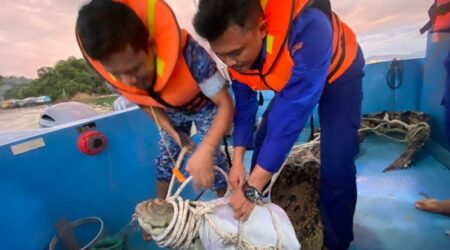


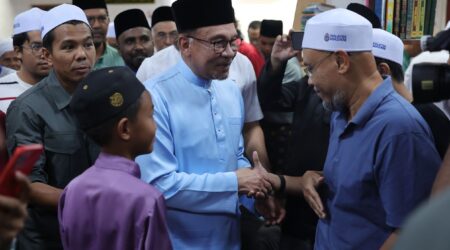


Leave a Reply